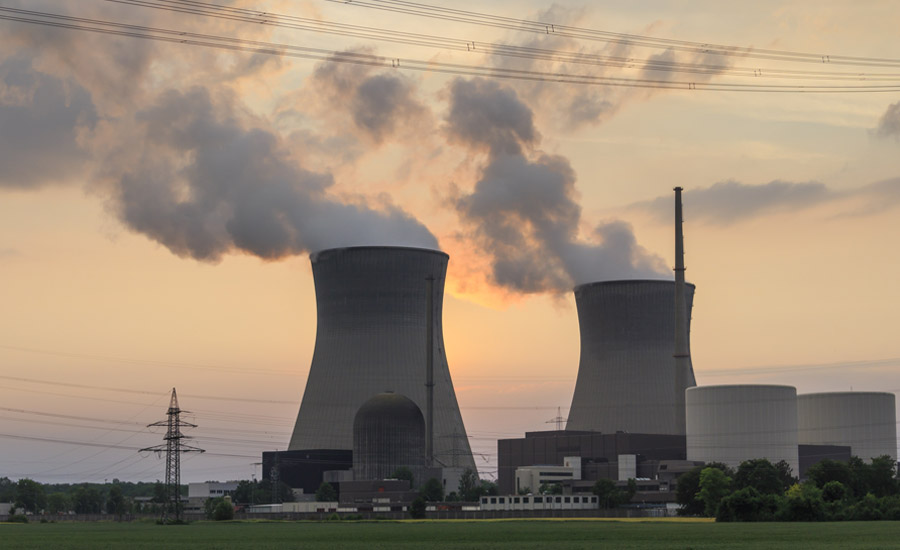A lawsuit working its way through the federal court system claims that a contractor allowed inexperienced and unqualified industrial hygiene technicians (IHTs) to work at a hazardous nuclear materials site.
News sources say lawsuit was filed by Kevin Newcomb, an IHT who worked at “tank farms” at the now-decommissioned Hanford nuclear production complex in Washington State for more than two decades. Newcomb alleges that his employer, contractor Washington River Protection Solutions (WRPS), systematically defrauded the United States by:
(1) failing to train and certify industrial hygiene technicians as required;
(2) signing and directing employees to sign qualification and requalification cards falsely indicating that the candidate met the qualification requirements;
(3) sending industrial hygiene technicians into the Hanford Site’s nuclear and chemical waste tank farms who are not trained or qualified as required;
(4) charging for the costs associated with deficient training, unqualified industrial hygiene technicians, and work that was unauthorized by virtue of the lack of qualified technicians; and
(5) applying for and receiving contract amendments and award fees to which they are not entitled.
Newcomb, who filed the suit under the federal False Claims Act, resigned from the company due to health problems he attributed to exposure to toxic chemicals.
“Tank farms” are storage tank collections where irradiated fuel rods from the Hanford’s nuclear reactors are exposed to chemicals that dissolve the fuel rods itself, allowing workers to retrieve the plutonium. The Hanford site is owned by the U.S. Department of Energy and is considered the most contaminated facility in the nation.
According to Hanford Challenge, an advocacy group for Hanford Workers, IHTs working in Hanford’s tank farms monitor for and collect samples of potentially toxic materials, evaluate programs on workplace safety and health and investigate incidents and accidents to identify what caused them and how they might be prevented in the future.
“Properly trained IHTs are not only contractually and regulatory required, but are also critical to a safe workplace and the effective completion of Hanford’s mission,” according to a statement issued by the group.
Newcomb’s complaint alleges that “despite knowing that candidates had not completed the mandatory qualification requirements and/or demonstrated proficiency, WRPS staff repeatedly initialed, signed, and dated Qualification Cards, OJT/OJE Cards, and Requalification Cards and sent unqualified IHTs into the tank farms.”
The complaint also alleged that WRPS conducted IHT qualification performance evaluations in group sessions despite implicit and explicit requirements that each IHT be individually evaluated and qualified. WRPS’s evaluators coached candidates during their IHT evaluations, according to the complaint, and thereafter improperly certified unqualified candidates as qualified.
WRPS released a statement saying it has addressed chemical vapors-related concerns by implementing robust control measures and comprehensive training practices and significantly upgrading infrastructure, equipment and monitoring.
The federal government has declined to join the lawsuit, eliminating the possibility of whistleblower compensation for Newcomb if he prevails in the lawsuit.









.jpg?t=1721257160)